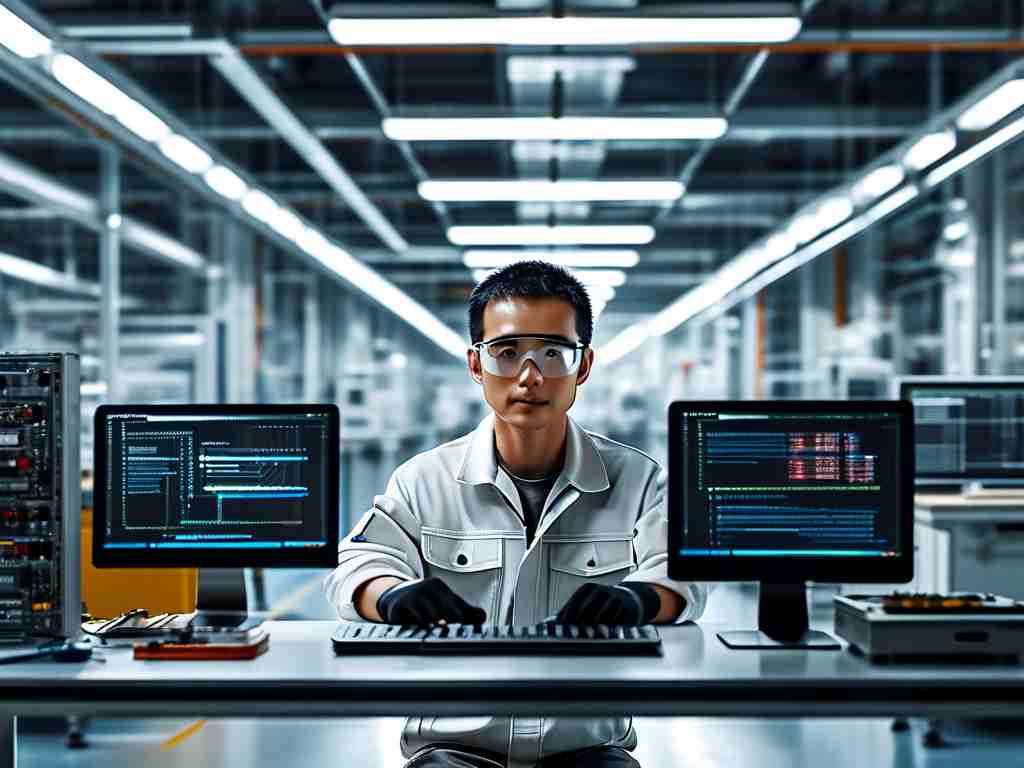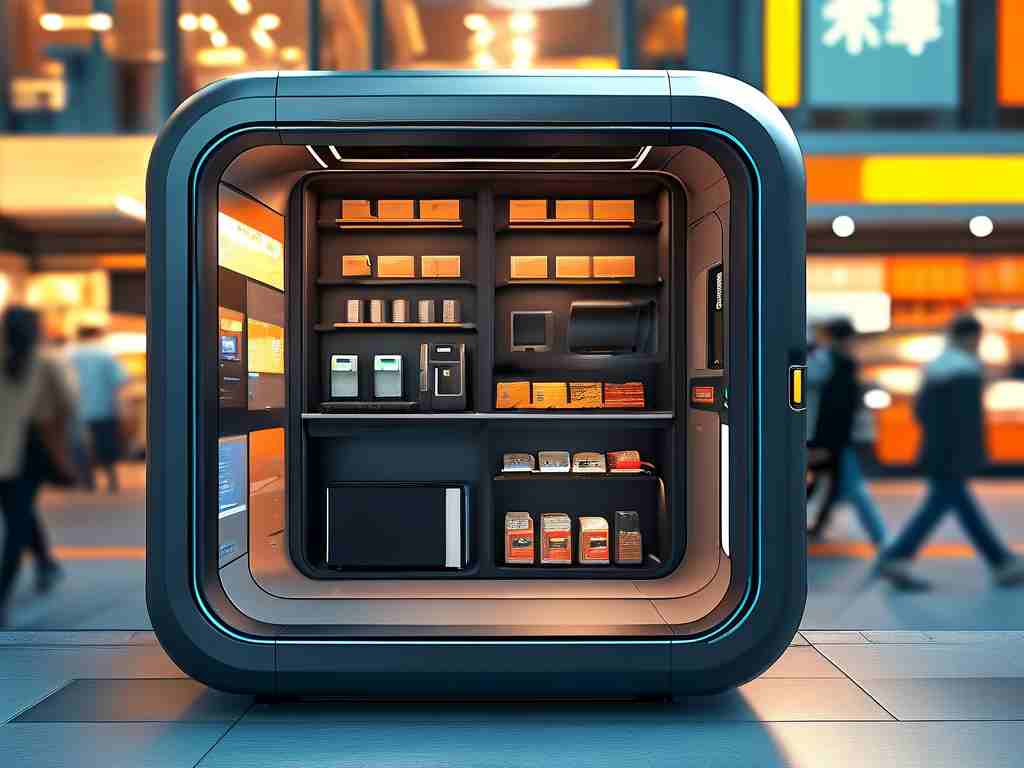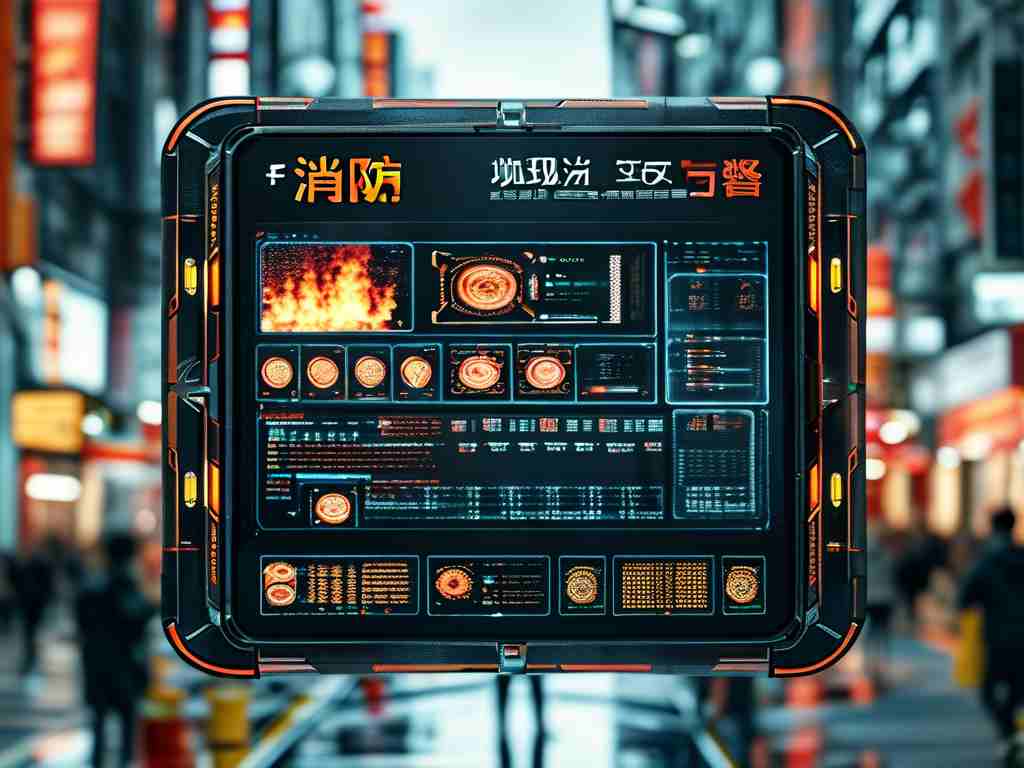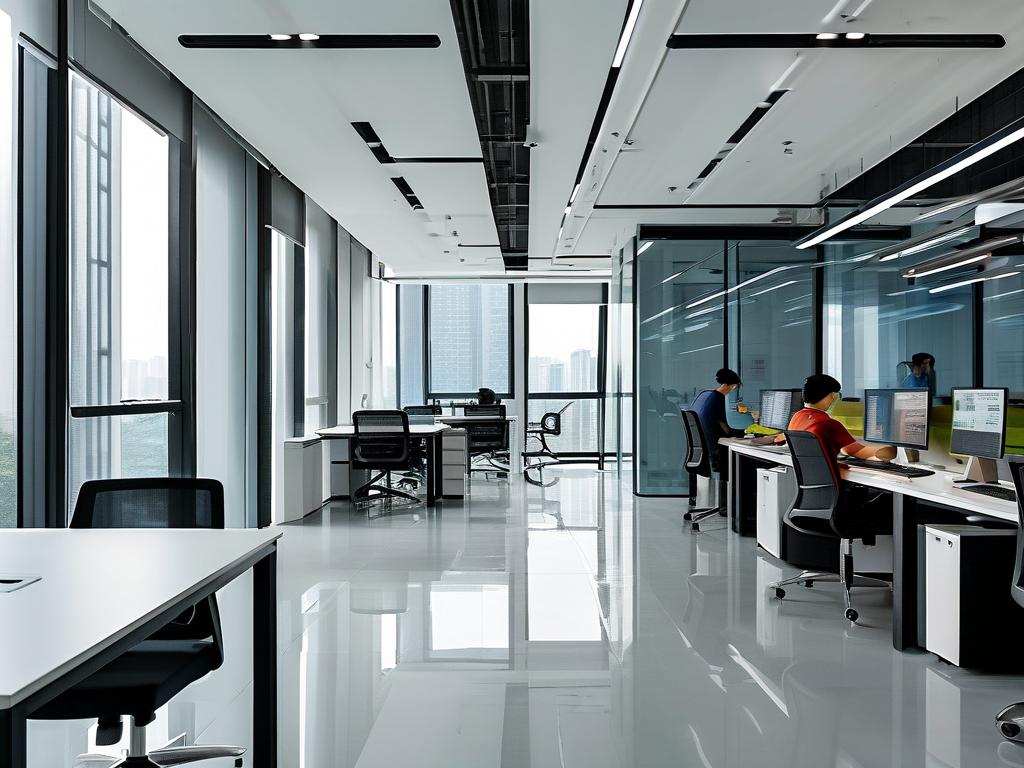Embedded systems form the backbone of countless modern devices from smartphones to industrial machinery and Fuzhou has emerged as a dynamic hub for this specialized field. The city's thriving ecosystem combines cutting-edge design expertise with robust development practices making it a magnet for tech innovators across China and beyond. As a key player in Fujian Province Fuzhou leverages its strategic location skilled workforce and supportive policies to drive advancements in embedded solutions that power everyday life. This article explores how Fuzhou excels in embedded development design highlighting its unique strengths challenges and real-world applications while offering insights for professionals entering this fast-paced industry.

Embedded development design refers to the intricate process of creating hardware and software systems tailored for specific functions often with constraints like low power consumption real-time processing and compact form factors. In Fuzhou companies and research institutions focus on integrating these elements seamlessly to produce efficient reliable products. For instance local firms such as Fujian StarLight Electronics and Fuzhou University labs collaborate on projects ranging from smart home devices to automotive control units fostering a culture of innovation that prioritizes user-centric design. This collaborative environment stems from Fuzhou's rich history in electronics manufacturing which has evolved to embrace digital transformation trends like IoT and AI. By investing in R&D parks and incubators the city attracts global talent ensuring that embedded designs not only meet current demands but also anticipate future technological shifts such as 5G integration and edge computing.
One standout aspect of Fuzhou embedded design is its emphasis on optimization and cost-effectiveness. Developers here excel at balancing performance with affordability using tools like ARM-based processors and custom PCBs to minimize overhead while maximizing functionality. This approach is evident in sectors like consumer electronics where Fuzhou-based teams have pioneered energy-efficient solutions for wearable tech reducing battery drain by up to 30% compared to conventional methods. Additionally the design process often involves rigorous simulation and prototyping to identify potential flaws early saving time and resources in mass production. To illustrate consider a simple code snippet for an embedded temperature sensor commonly used in Fuzhou smart agriculture projects. This C code demonstrates how developers handle real-time data processing on microcontrollers:
#include <stdio.h>
#include "sensor.h" // Custom library for Fuzhou hardware
void main() {
float temp;
while(1) {
temp = read_temperature(); // Reads from sensor
if (temp > 30.0) {
trigger_cooling(); // Activates cooling system
}
delay(1000); // 1-second delay
}
}
This snippet highlights the practical focus on reliability and efficiency with Fuzhou designers often refining such code for minimal latency and error handling in harsh environments.
Despite its strengths Fuzhou embedded development faces challenges such as supply chain disruptions and the rapid pace of technological change. For example component shortages can delay projects prompting local teams to adopt agile methodologies and alternative sourcing strategies like partnering with Southeast Asian suppliers. Moreover the demand for cybersecurity in embedded systems has grown with Fuzhou experts implementing robust encryption protocols to protect against threats in connected devices. To overcome these hurdles the city fosters continuous learning through workshops and certifications ensuring designers stay ahead of global standards. This proactive stance not only mitigates risks but also enhances Fuzhou's reputation as a leader in sustainable design with initiatives like low-power chips for green tech applications gaining international acclaim.
Looking ahead the future of embedded development in Fuzhou appears promising driven by trends like AI-driven automation and smart city infrastructure. As urban projects expand Fuzhou designers are at the forefront of creating embedded systems for traffic management and energy grids showcasing the city's potential to influence global tech landscapes. For newcomers entering this field building skills in areas like RTOS programming and hardware interfacing through local courses can unlock rewarding opportunities. In Fuzhou embedded development design stands as a testament to innovation resilience and community-driven progress offering a blueprint for success in the ever-evolving world of technology.









